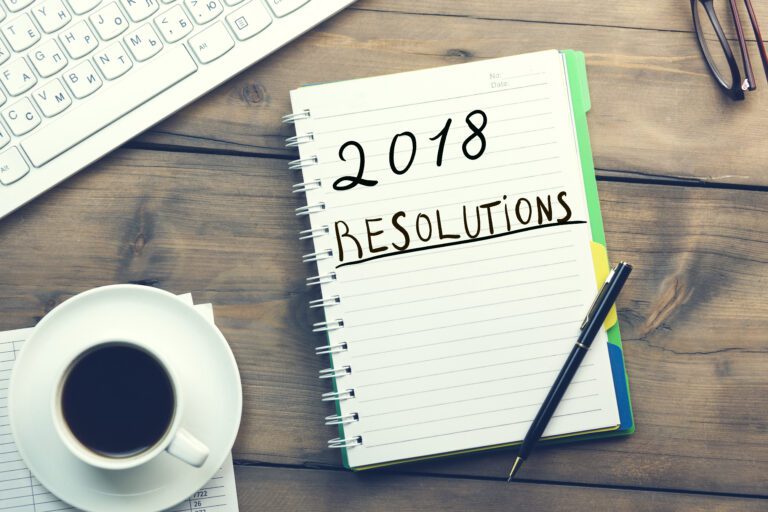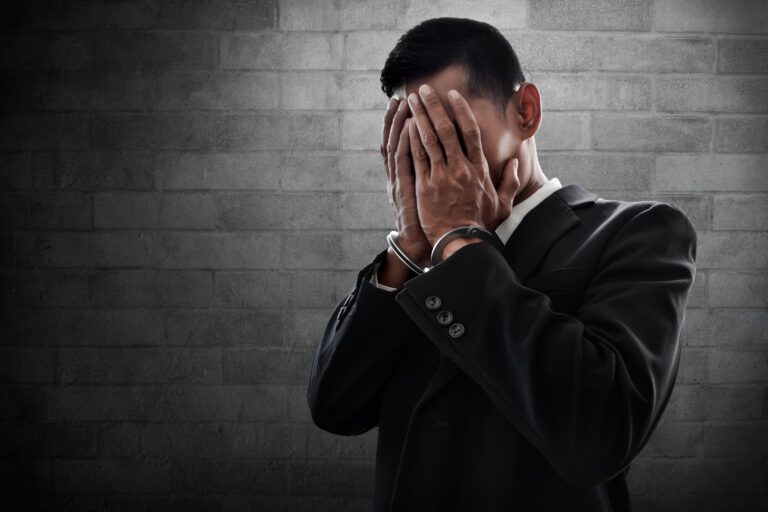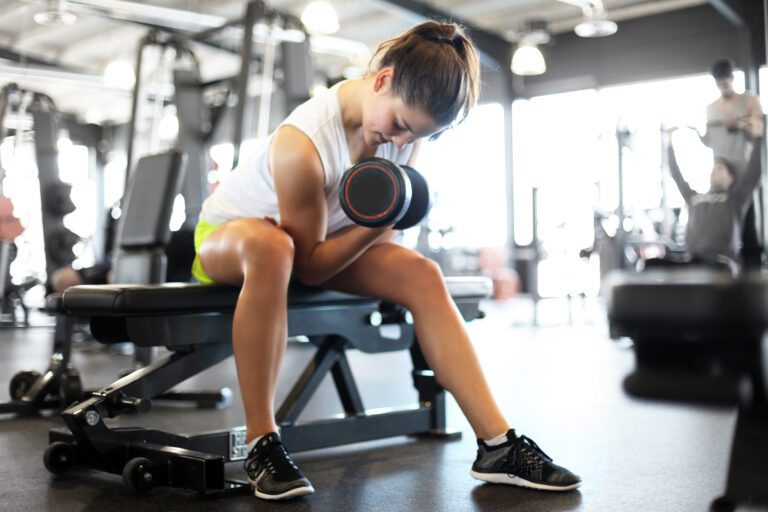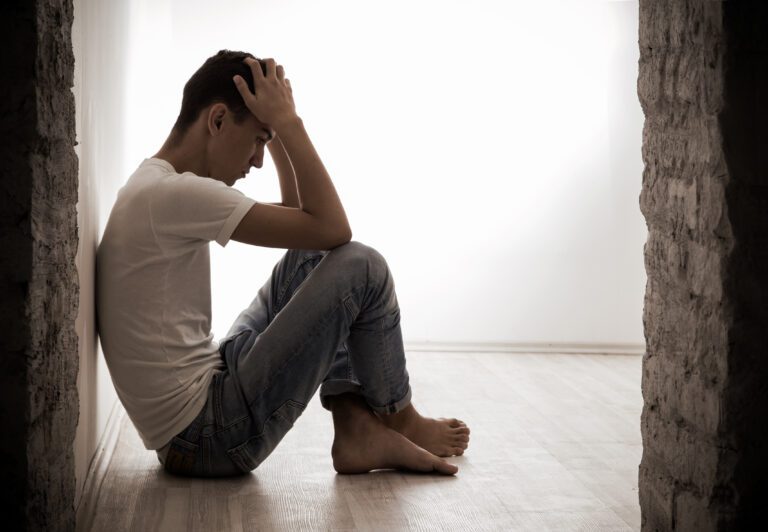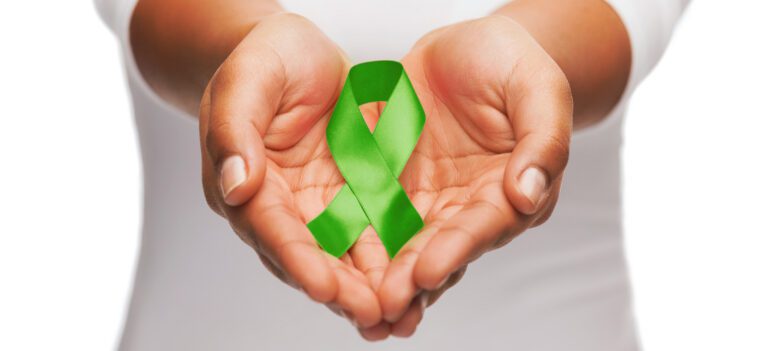The Ultimate Guide How To Cope With Anxiety
Anxiety is a big symptom that accompanies bipolar disorder. In fact, a large percentage of those diagnosed with bipolar disorder are also diagnosed with an anxiety disorder.
In addition to having bipolar disorder type 1, I have also been diagnosed with a general anxiety disorder (GAD). I can get anxious in almost any situation. To manage my anxiety, I implement a variety of coping skills and preventative measures.
I would like to share some of these ideas with you. My hope is that you will try some of these suggestions and tell me what you think. If you have your own strategies, I would love for you to share them with me.
1) Focused Breathing
Many professionals suggest that you try deep breathing when feeling anxious. For me, I have learned that focusing on my breathing is the key.
Try this:
Focus completely on breathing slowly in – and then slowly breathing out. The count is not as important as thinking about your breathing.
During this exercise, think of breathing as a metaphor. Breathe in all the good energy and positivity in the world as you inhale very slowly. Next, as you exhale, imagine breathing out all the negativity and anxiety that you have built up in your mind and body.
2) Go to Your Happy Place
Before you get to a point where you are feeling anxious or in the middle of a panic attack, think of a special place – your happy place. Envision a place that is peaceful and serene. For example, your place can be on the beach, up in the mountains, or by a lake. It can be wherever you feel calm and relaxed.
Now that you have your happy place established, make a snapshot of your place. The image needs to be detailed and engrained in your mind so you can bring it up when you need it.
When anxiety starts to well up, or you feel a panic attack coming on, think of the snapshot of your happy place. Focus all your energy, thoughts, and feelings completely on your place. If unwanted thoughts and anxiety creep into your mind, let them pass. Acknowledge them, but do not dwell on them. Refocus your energy thoughts back on your happy place.
The same intense focus that I described in your breathing exercise should be utilized here. Continue to think of your “happy place” until you are in a peaceful state of mind and can function.
3) Get Active
Get active. Exercise. Get moving.
Adopting an active lifestyle is one of the ways you can help manage bipolar disorder – after taking your medication. Exercise specifically has so many mood-stabilizing, blood pressure-reducing, anxiety-reducing, and energy-enhancing effects.
If you have not started exercising, I recommend you start today. Even going on a short walk for 30 minutes a day is beneficial for your overall well-being. I earned my diploma in both personal training and sports nutrition because of my passion for fitness.
4) Find Some Alone Time
Alone time is a great way to decompress from the fast-paced world. It provides you a chance to focus solely on yourself and your thoughts.
There are a number of different ways to find some alone time. For example:
- Go into another room to be with your thoughts.
- You can meditate.
- Mindfulness is another strategy to try.
- You can also listen to some music while you go for a walk or run.
- Maybe pursuing a hobby is your thing.
Pick out a few options to find your alone time. Then, when your anxiety increases you can immediately engage in whatever activity you chose. It is already overwhelming when your anxiety increases or you feel a panic attack coming on. Make things easy for yourself, and be prepared.
When you feel anxious, try changing your surroundings and get to a place by yourself – see if that helps.
5) Talk To A Friend
The simple act of talking to a good friend can help ease your anxiety. Getting your thoughts off your chest can be extremely freeing.
If you do not have a friend nearby, chat with your therapist. Your therapist can give you professional advice.
A friend or professional can help calm you down. Usually, if it is a close friend, they know what to say. If you chat with a good therapist or social worker, they will know what to say, too. Both can help alleviate your anxious feelings.
6) Aromatherapy
I am not an expert on aromatherapy, but I utilize it on a daily basis.
I use a diffuser in my bedroom to spread the various scents. I fill up the diffuser with distilled water and put in the oils to create the mixture. It only takes a few drops of oil. You can also mix the oils together in the diffuser depending on the desired effect.
When purchasing oils, it is best to get pure oils, which helps with the potency of the oils.
For anxiety, I enjoy eucalyptus, lemon, and a combination that the company I buy from has created specifically for “calming.”
I also purchased a eucalyptus sugar scrub. I use it when I shower. After breathing the fresh-smelling scent in for a couple of minutes, my nerves really calm down.
Do you use aromatherapy to help reduce your anxiety? I would love to hear what scents you use.
7) Get A Massage
Getting a massage can relax your entire body. If you find a good massage therapist, they can release all the tension in your muscles from head to toe.
Anxiety is infamous for contributing tension to your head, neck, and shoulders. Since a massage can release the tension in your muscles, it can physically reduce your anxiety.
The body and mind are interconnected. It is hard to get one healthy and not the other. So it makes sense when you experience anxiety, your body tenses up. In addition to targeting your mind to reduce your anxiety, a massage focus on your physical body.
If you have not tried a massage, I recommend getting one. You can usually find an independent massage therapist or parlor that has introductory pricing specials.
8) Medication
This is not my favorite strategy, but I feel I need to mention it because some individuals need it.
I tried anti-anxiety medication for a short period of time. The medication I used was a benzodiazepine.
My doctor explained that the class of benzodiazepines has shown to increase the chance of Alzheimer’s in trials. He also mentioned that benzodiazepines have a high incidence of abuse and addiction. I decided to get off the medication because of those reasons.
Some antidepressants have anti-anxiety properties. It just depends on the class and which antidepressant.
I employ talk therapy as a tool to reduce my anxiety. Studies have actually been done showing the positive results in reducing anxiety.
Last Thoughts
Some of the ideas I have mentioned on this list I learned about in therapy. Because of that, these are not merely suggestions but professionally backed coping strategies.
Remember, not all of these strategies work. Try one, and see if it helps. If not, try another idea on the list.


